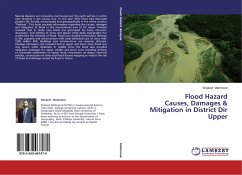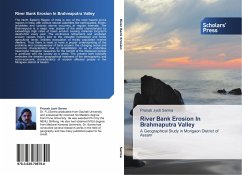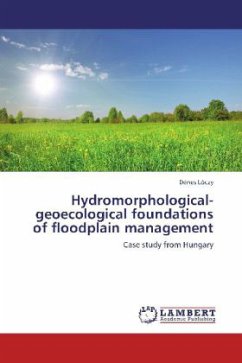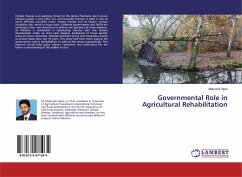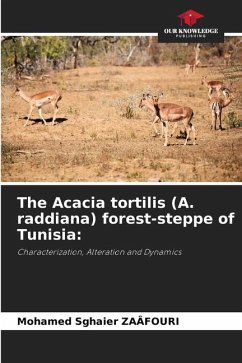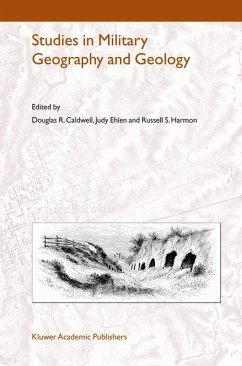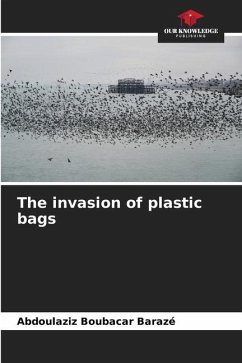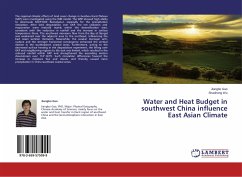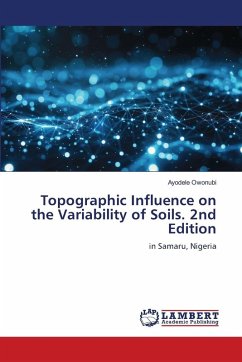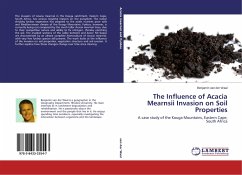
The Influence of Acacia Mearnsii Invasion on Soil Properties
A case study of the Kouga Mountains, Eastern Cape, South Africa
Versandkostenfrei!
Versandfertig in 6-10 Tagen
32,99 €
inkl. MwSt.

PAYBACK Punkte
16 °P sammeln!
The invasion of Acacia mearnsii in the Kouga catchment, Eastern Cape, South Africa, has various negative impacts on the ecosystem. The native shrubby fynbos vegetation has adapted to the acidic nutrient poor soils and Mediterranean climate of the Kouga Mountains. Fynbos, however, is currently being out competed by the much taller Acacia mearnsii trees, due to their competitive nature and ability to fix nitrogen, thereby enriching the soil. The invaded sections of the valley bottoms and lower hill slopes are characterised by an almost complete monoculture of Acacia mearnsii, with very few fynbo...
The invasion of Acacia mearnsii in the Kouga catchment, Eastern Cape, South Africa, has various negative impacts on the ecosystem. The native shrubby fynbos vegetation has adapted to the acidic nutrient poor soils and Mediterranean climate of the Kouga Mountains. Fynbos, however, is currently being out competed by the much taller Acacia mearnsii trees, due to their competitive nature and ability to fix nitrogen, thereby enriching the soil. The invaded sections of the valley bottoms and lower hill slopes are characterised by an almost complete monoculture of Acacia mearnsii, with very few fynbos species still present. The work looks at the influence of the invasion on soil properties, vegetation structure and soil erosion. It further explore how these changes change over time since clearing.



